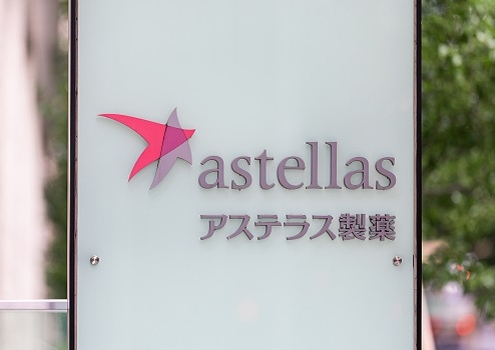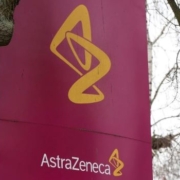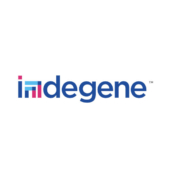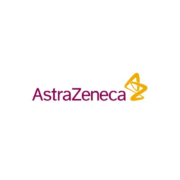Astellas bets potential $1.9B on Cullgen’s protein degrader tech
Astellas bets potential $1.9B on Cullgen’s protein degrader tech
A week after licensing a novel gene therapy from Kate Therapeutics to treat X-linked myotubular myopathy, Astellas Wednesday announced a strategic collaboration with San Diego- and China-based Cullgen to develop multiple targeted protein degraders.
Under the research collaboration and exclusive option agreement, the partners will jointly conduct research to identify clinical development candidates using Cullgen’s uSMITE targeted protein degradation platform featuring novel E3 ligands.
Astellas is paying Cullgen $35 million upfront for access to uSMITE, which stands for ubiquitin-mediated, small molecule-induced target elimination. E3 enzymes are one of three enzyme types responsible for the specific targeting of proteins for degradation. Cullgen and Astellas plan to develop drugs that break down, as opposed to block, disease-causing proteins, according to BioPharma Dive.
Following the research period, Astellas will have the exclusive option to develop and commercialize any protein degrader compounds discovered through the collaboration. Cullgen will have the opportunity to share the costs, profits and losses in the early stages of development, and to co-promote the previously identified lead program—a cell cycle protein degrader for breast cancer and other solid tumors—in the U.S.
Cullgen stands to gain an additional $85 million if Astellas chooses to exercise the option for this lead program. If all milestones are achieved, Cullgen, which recently raised $35 million in a Series C financing led by AstraZeneca, could see compensation exceed $1.9 billion.
In a prepared statement, Adam Pearson, chief strategy officer at Astellas, called targeted protein degradation (TPD) one of the company’s primary focuses. Masahiko Hayakawa, who heads protein degradation research at Astellas, told BioPharma Dive that the company has been investing in the drug development approach for more than a decade.
Targeted protein degradation, which aims to use drugs to destroy problematic proteins, has been one of biopharma’s hottest areas in recent years. Biotech companies, including Arvinas, Kymera Therapeutics and C4 Therapeutics have sprung up expressly for this purpose, while several large biopharmas have joined Astellas on the partnering front.
In April 2022, AbbVie inked an exclusive partnership with San Diego–based Plexium to develop and commercialize novel TPD therapeutics for neurological conditions. The same month, Boehringer Ingelheim announced a collaboration with VantAI to identify potential protein-degrading molecules for traditionally undruggable targets. The two are leveraging VantAI’s geometric deep learning platform to computationally streamline the design of new molecules optimized for that company’s proprietary E3 ligase platforms.
Heather McKenzie is a senior editor at BioSpace, focusing on neuroscience, oncology and gene therapy. You can reach her at [email protected]. Follow her on LinkedIn and Twitter @chicat08.
Source: BioSpace










